GĐXH - Lunar New Year is the largest ancient traditional festival in China, and is also the festival that most represents the civilization and culture of this country.
The Origin of Lunar New Year in China
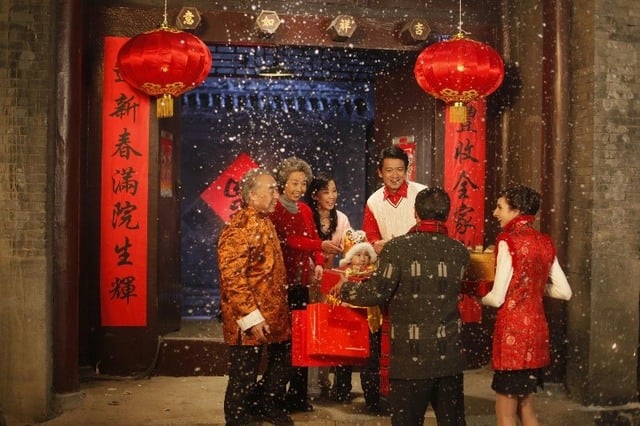
Illustration photo.
According to Chinese folk customs, the start of the holiday is counted from the 23rd of the 12th lunar month to the 15th of the 1st lunar month. During this period, the 30th of the 12th lunar month, New Year's Eve and the 1st of the 1st lunar month are the most solemn occasions for families to celebrate.
The Chinese have many legends explaining the origin of Tet, reflecting the beliefs and lifestyles of ancient people. Some of these long-standing concepts still exist today.
How do Chinese people celebrate Lunar New Year?
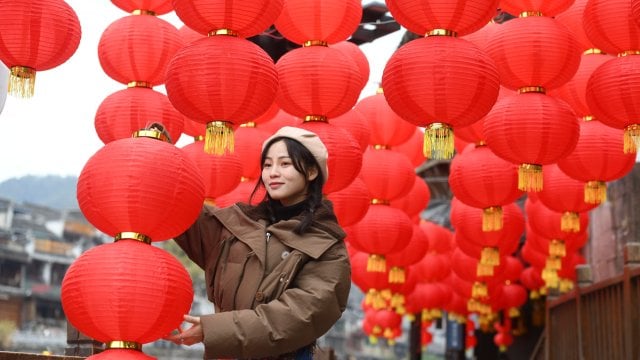
Chinese people decorate in red on New Year's Day.
With the concept that the New Year is an occasion for reunion and gathering, Chinese people attach great importance to the New Year's Eve meal. On New Year's Eve, families including relatives near and far dine together. Traditional dishes that are indispensable on the New Year's Eve tray include chicken, fish, beans, and taro.
On the morning of the first day of Tet, all family members will gather together. The oldest person in the family will give lucky money to the children. Guests from near and far will come to visit and wish the family a happy new year during these days.
The fifteenth day of the first lunar month is considered the last day of the Lunar New Year. Chinese families will enjoy a traditional dish called "Tangyuan". This dish consists of sweet sticky rice balls dipped in soup.
January 1st: Go to wish everyone a happy new year
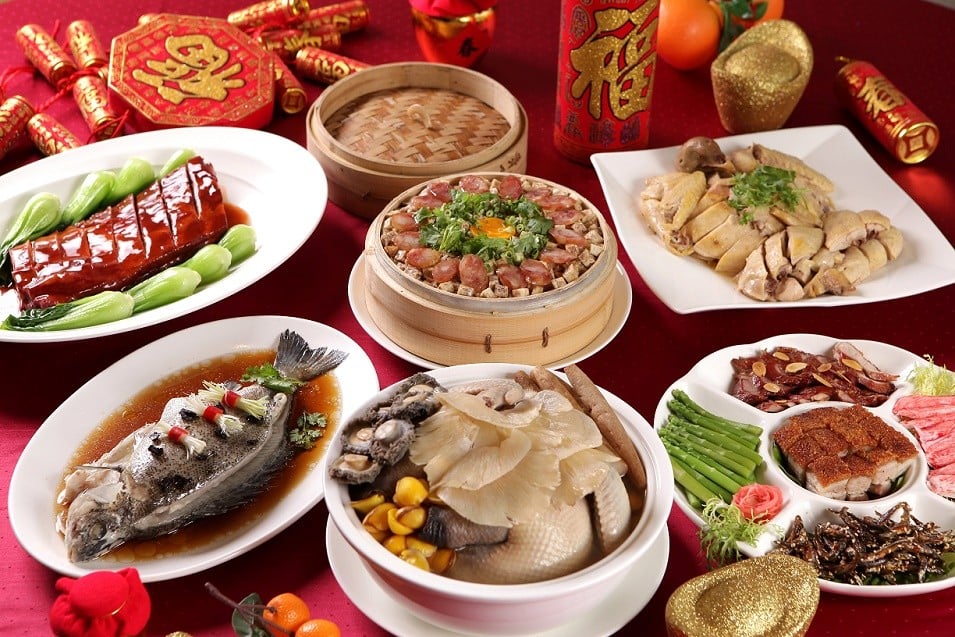
Dishes on the Chinese New Year tray (photo: Sohu)
After New Year's Eve, visiting the elderly on the morning of the first day of the new year and receiving red envelopes has the meaning of suppressing evil spirits for the Chinese. On the first day of the new year, Chinese people will open the door to light firecrackers, visit to wish a happy new year, go to fortune tellers and especially do not clean the house, because if you sweep the house, it will drive away the luck and money in the new year. If you still sweep, you must sweep from the outside in.
January 2: Go to maternal home
On the second day, the married daughter will bring her husband and children to her parents' home to celebrate the New Year. In Northern China, the God of Wealth is worshiped on the second day of the first lunar month. On this day, businesses and other families will worship the God of Wealth. At noon, they will eat Wonton, commonly known as "Yuanbao Soup".
January 3: Stick Xich Khau paper
The third day of the first lunar month is called "Xich Khau" day. According to legend, "Xich Khau" is the "God of Wrath", and whoever encounters it will be unlucky. To avoid quarrels, Chinese people usually do not go out on this day. In addition, according to legend, the third night of the Lunar New Year is the "Rat Wedding" night, and people will go to bed early to avoid disturbing the rats.
January 4: Welcoming the gods
The 4th day of the first lunar month in the ancient calendar is the day of the Goat. The ancients often said that "Tam Duong Khai Dai" is a symbol of good fortune, and is also the day to welcome the gods back to earth. On this day, Chinese people often eat "Chiet La" together (mixing leftovers from the previous days into a dish).
January 5: Welcoming the God of Wealth
The 5th of January is also known as "Pha Ngu" day, according to folk customs, it is the birthday of the God of Wealth, so it is necessary to welcome the God of Wealth into the house. It is called "Pha Ngu" because this is the day that can "break" the taboos of Tet, everyone can freely live and play without worrying about violating the taboos of Tet.
January 6: Farewell to the "God of Poverty"
The sixth day of the first lunar month is Horse Day, to send off the "God of Poverty". From the beginning of the first lunar month to the fifth day, houses are not cleaned properly, so on the sixth day, Chinese people will clean their houses, throw away holiday trash, old clothes and belongings, this is called sending off the "God of Poverty".
January 7: "Seven Treasures" Soup
January 7th is Human Day. Legend has it that Nuwa created the world, after creating animals such as chickens, dogs, pigs, cows, horses..., the 7th day is the day humans were born, so this day is considered the birthday of humans. On this day, people often eat Seven Treasures soup, wear and give flower wreaths to others, travel, climb mountains and fish.
Source: https://giadinh.suckhoedoisong.vn/tet-nguyen-dan-cua-nguoi-trung-quoc-co-tu-bao-gio-172250113100126101.htm





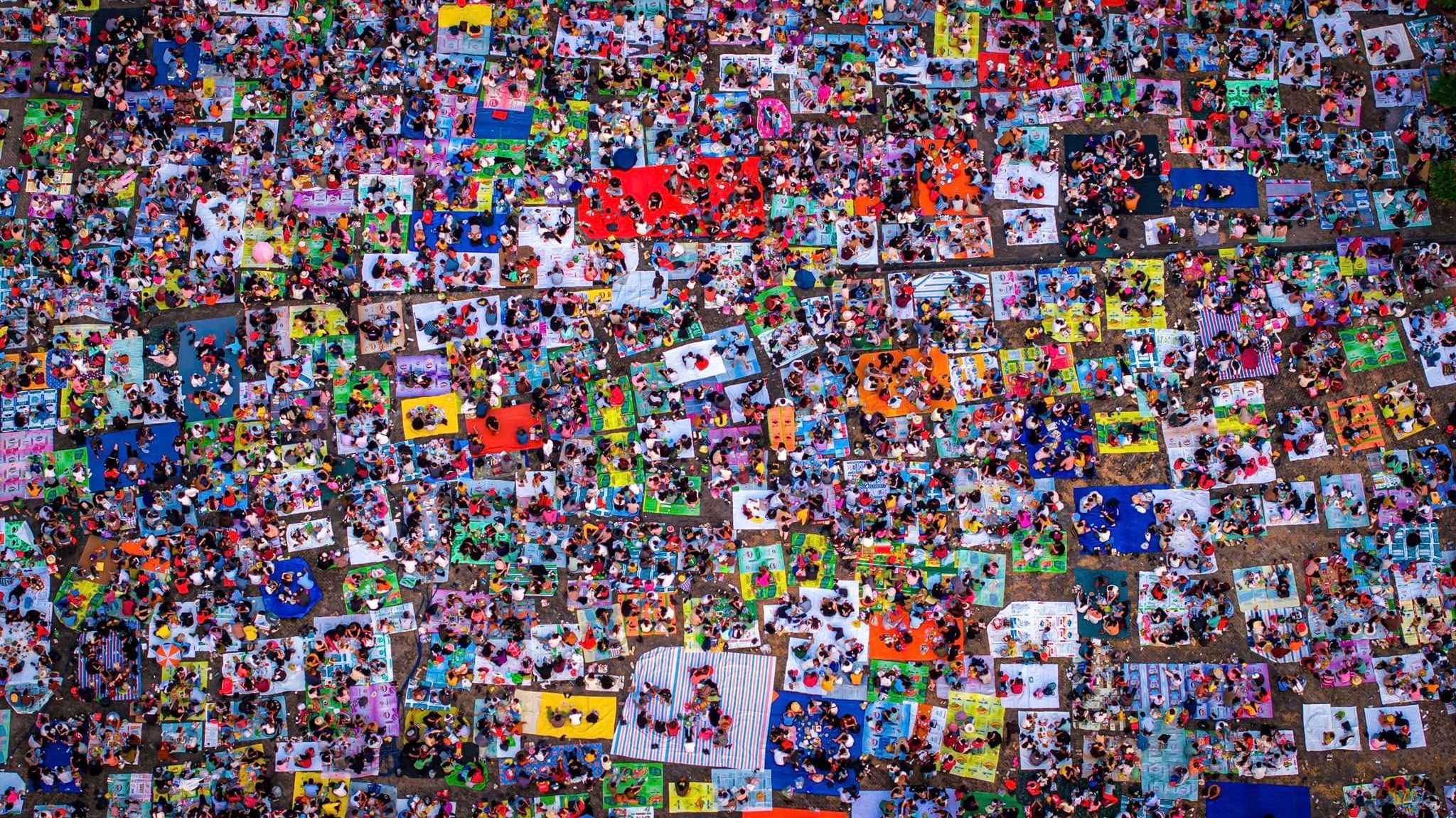
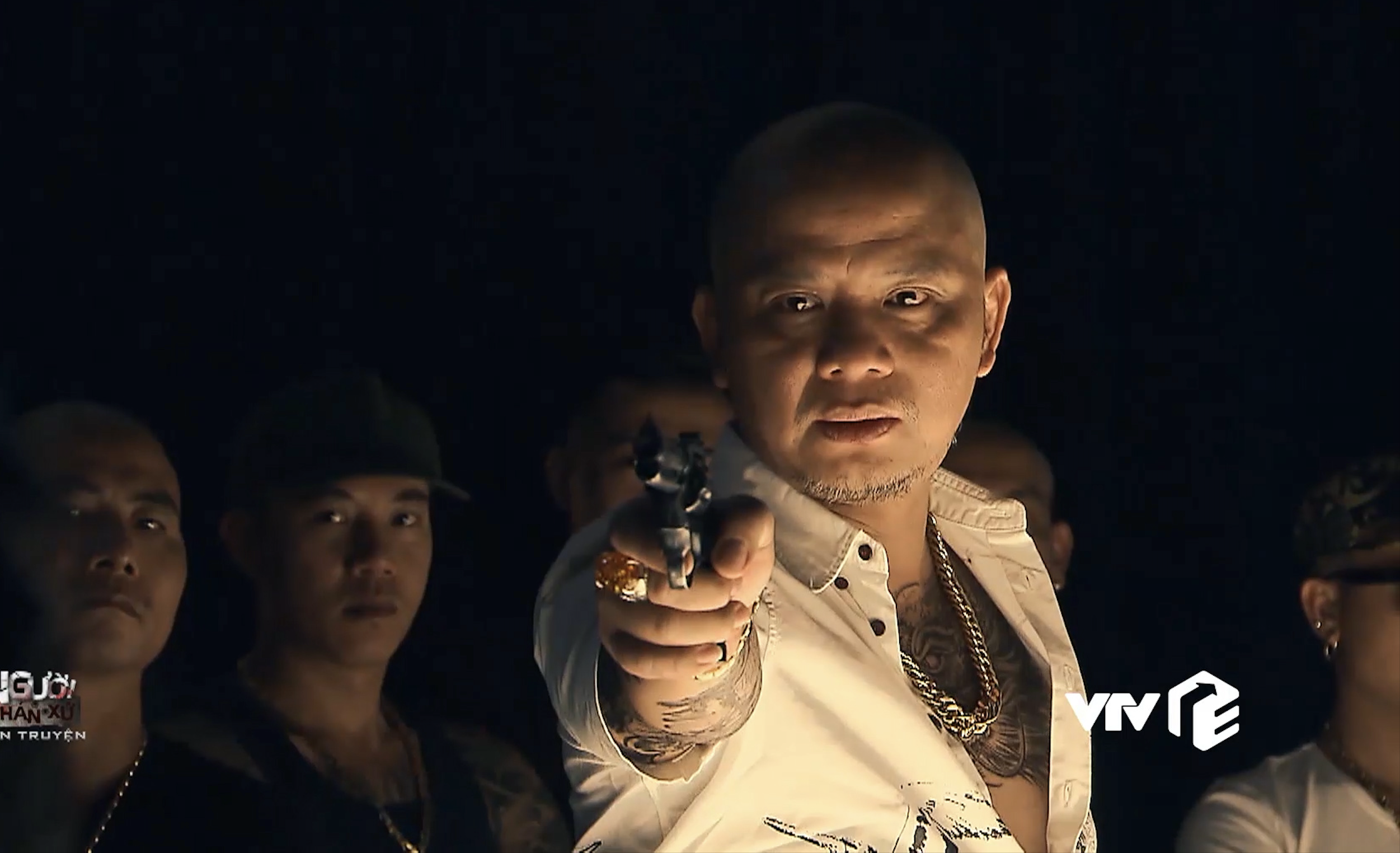
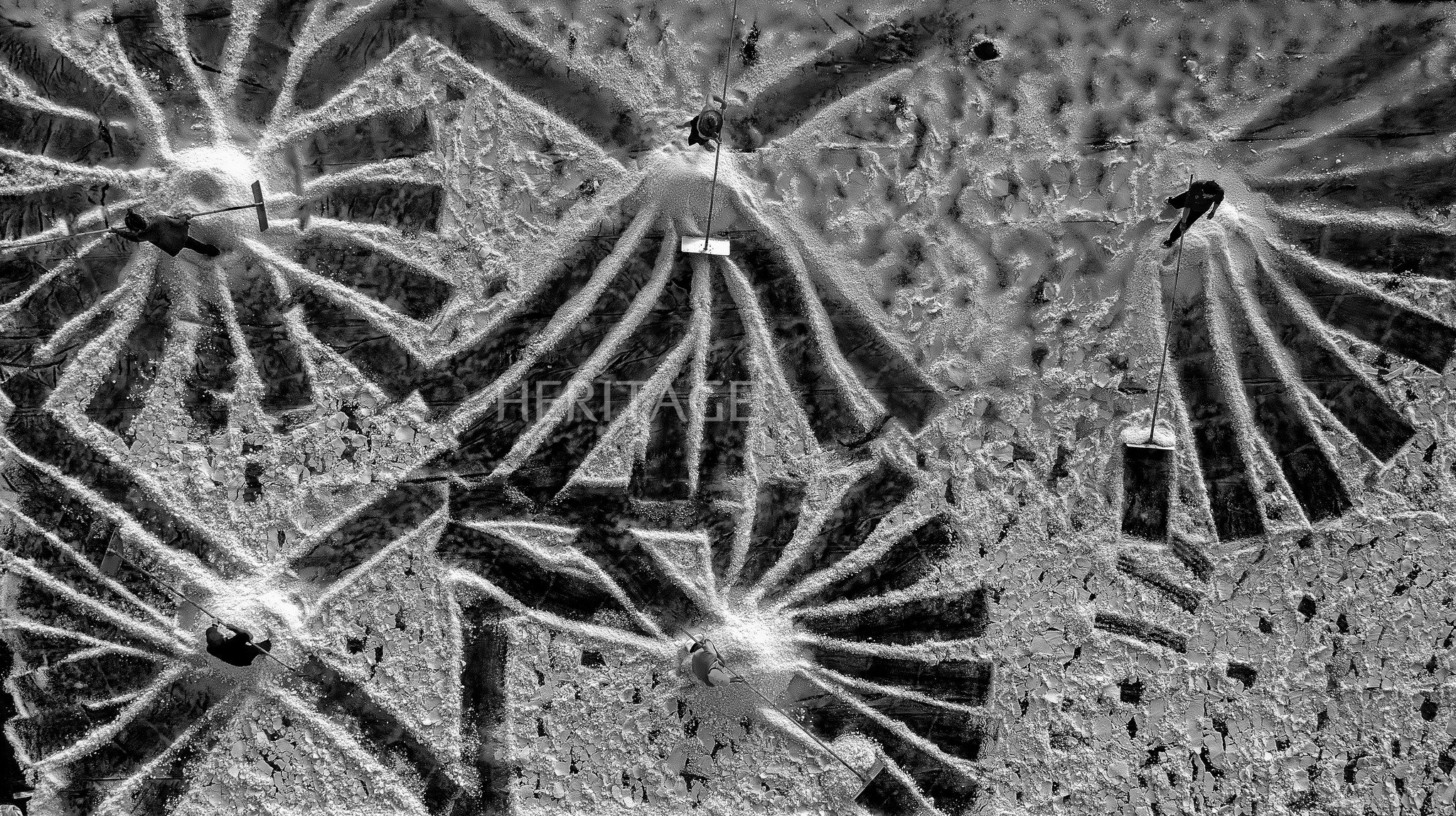
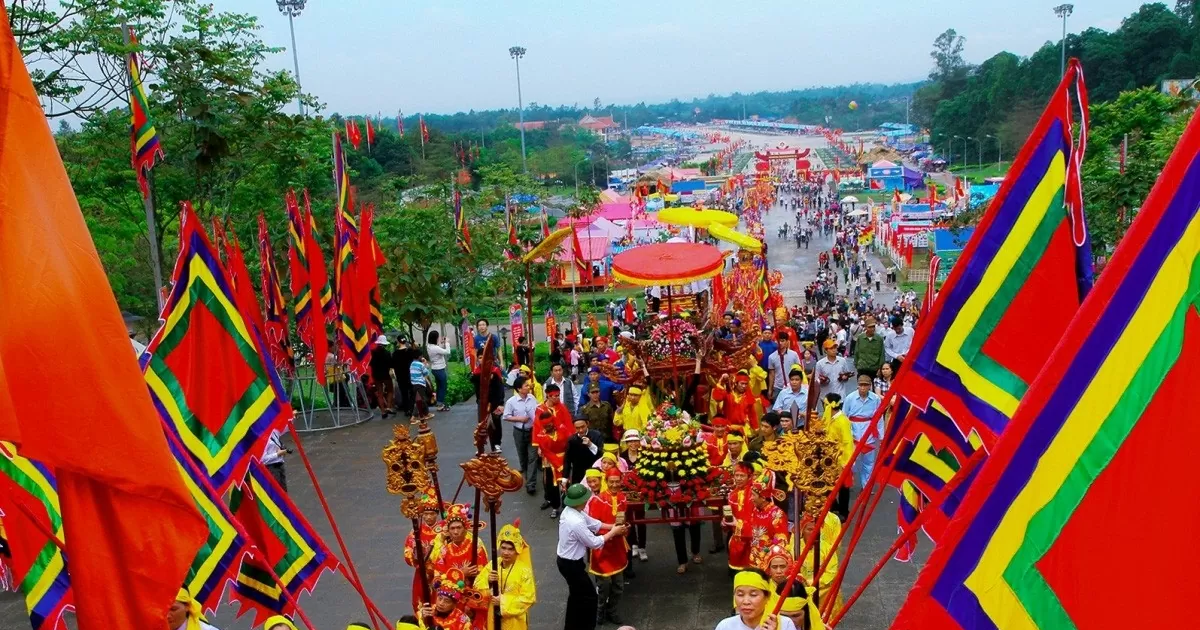





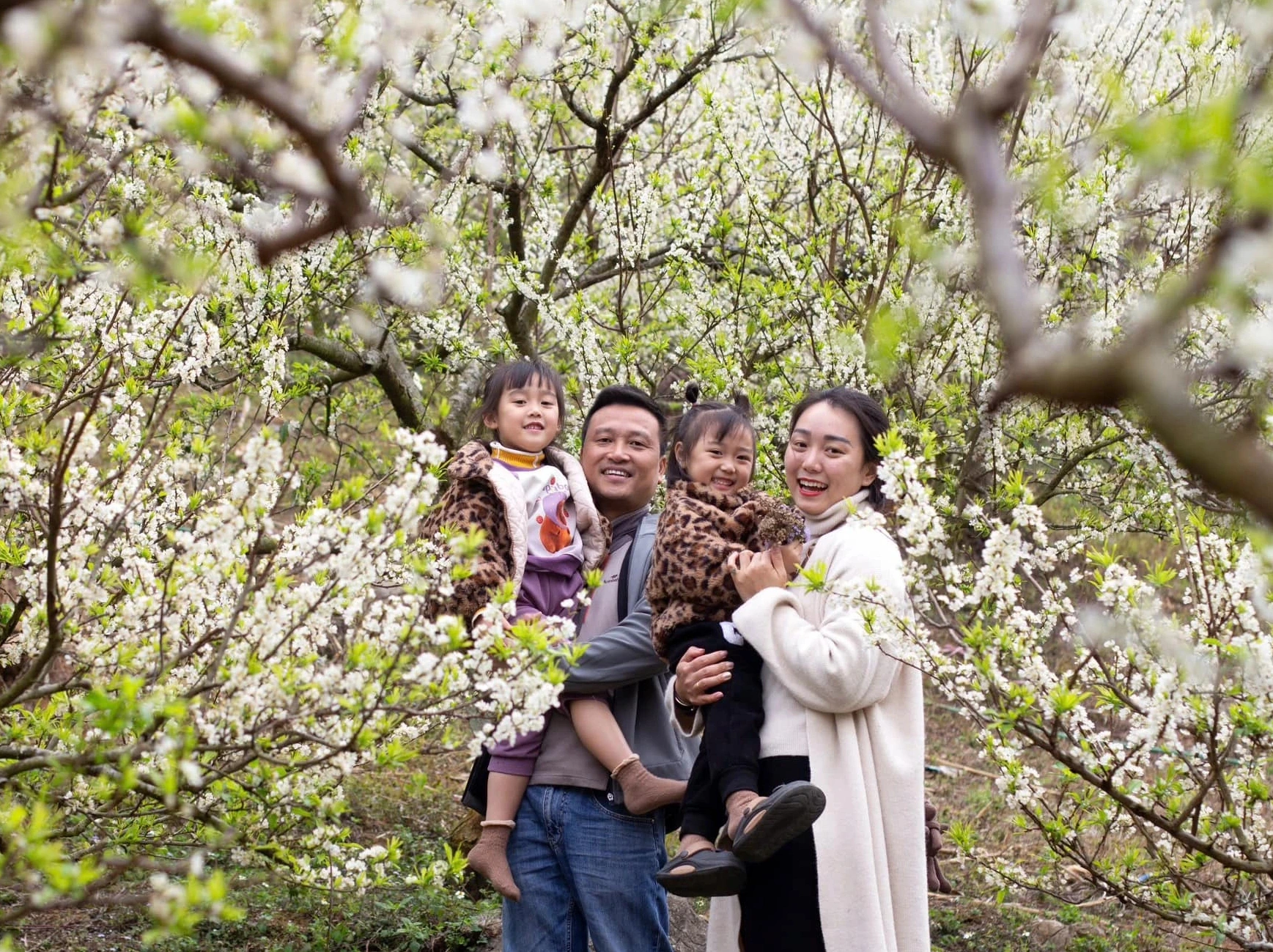



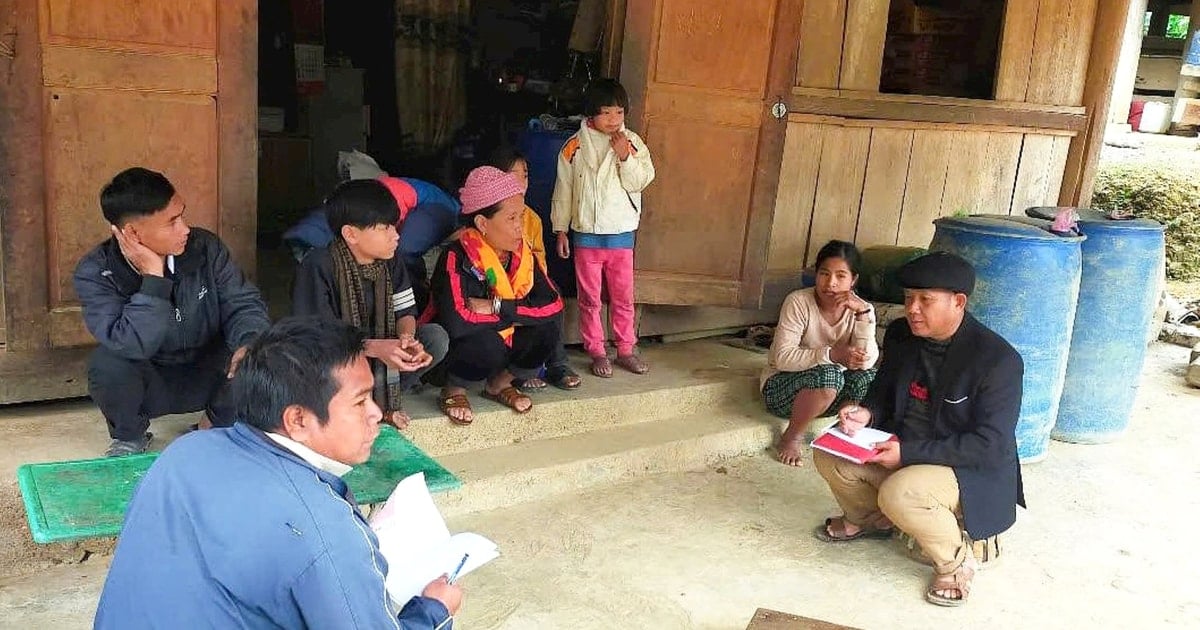




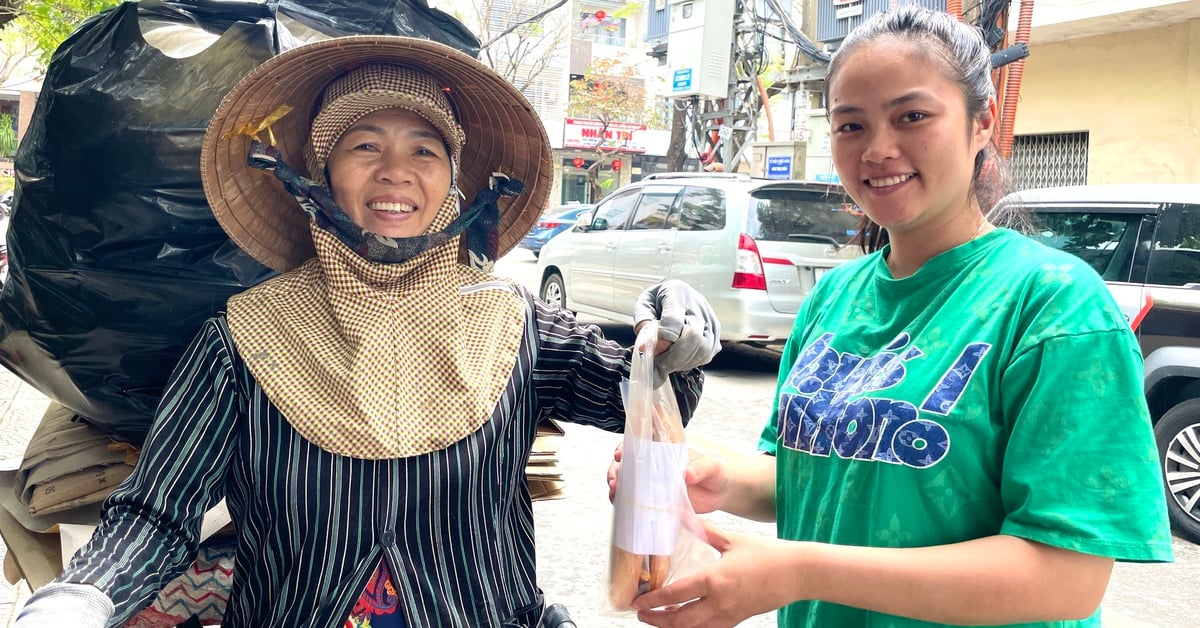


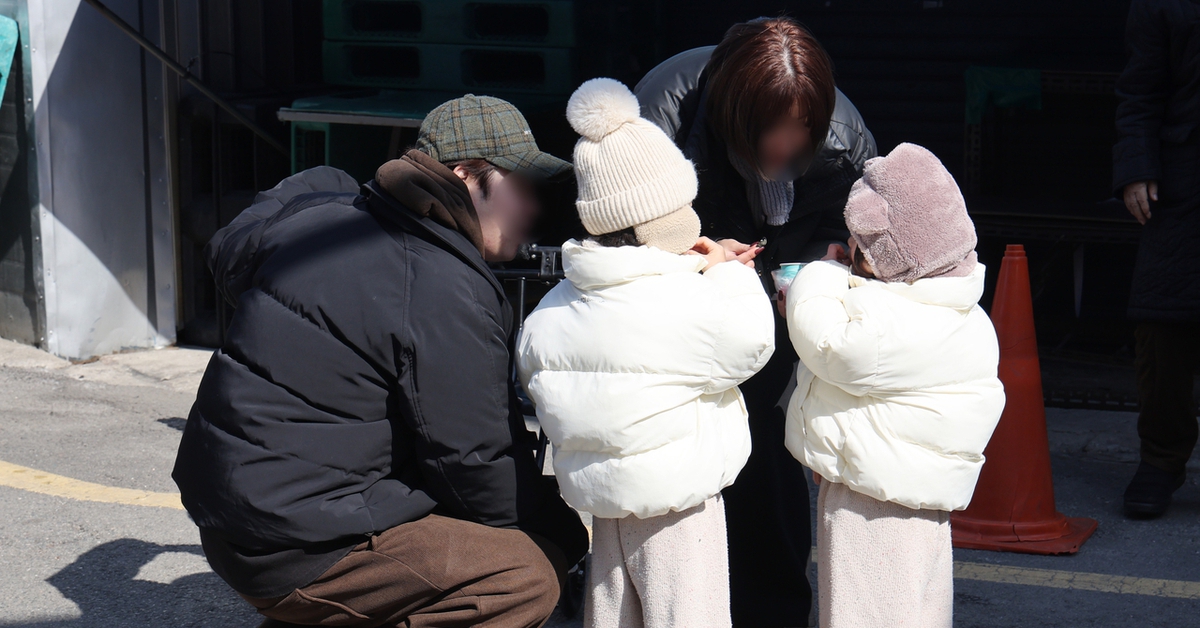






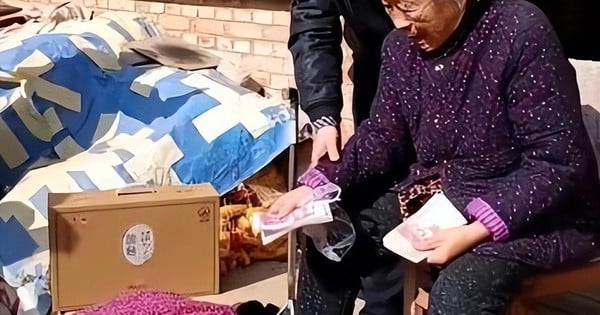

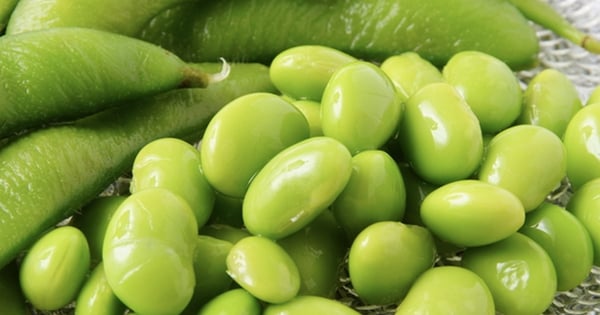






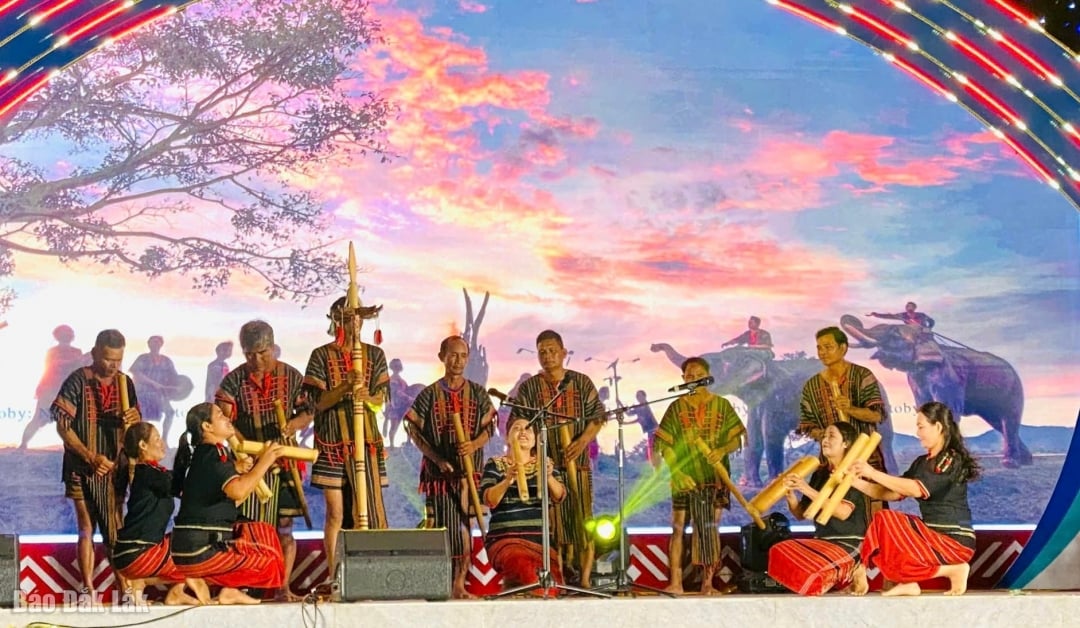
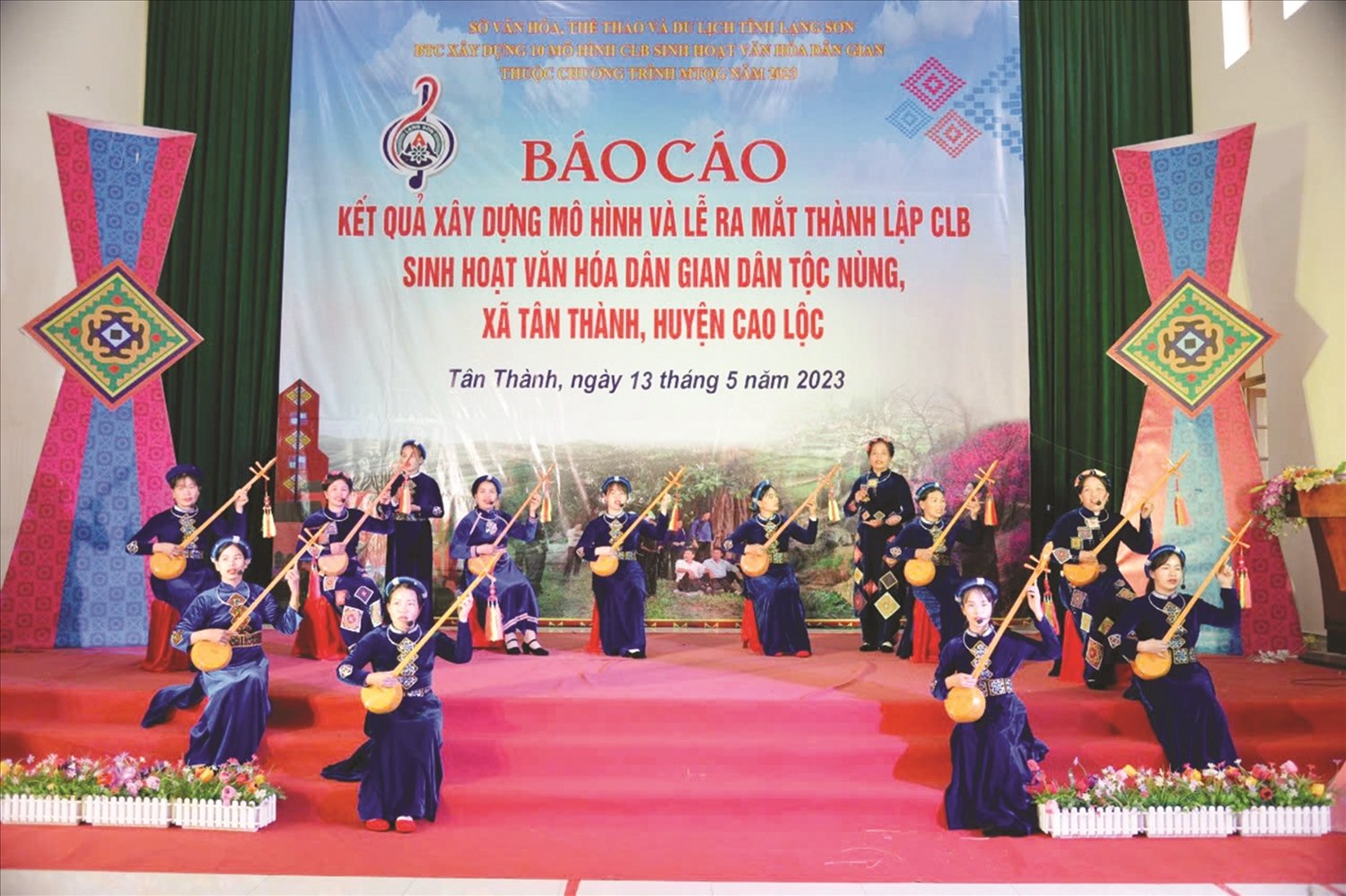




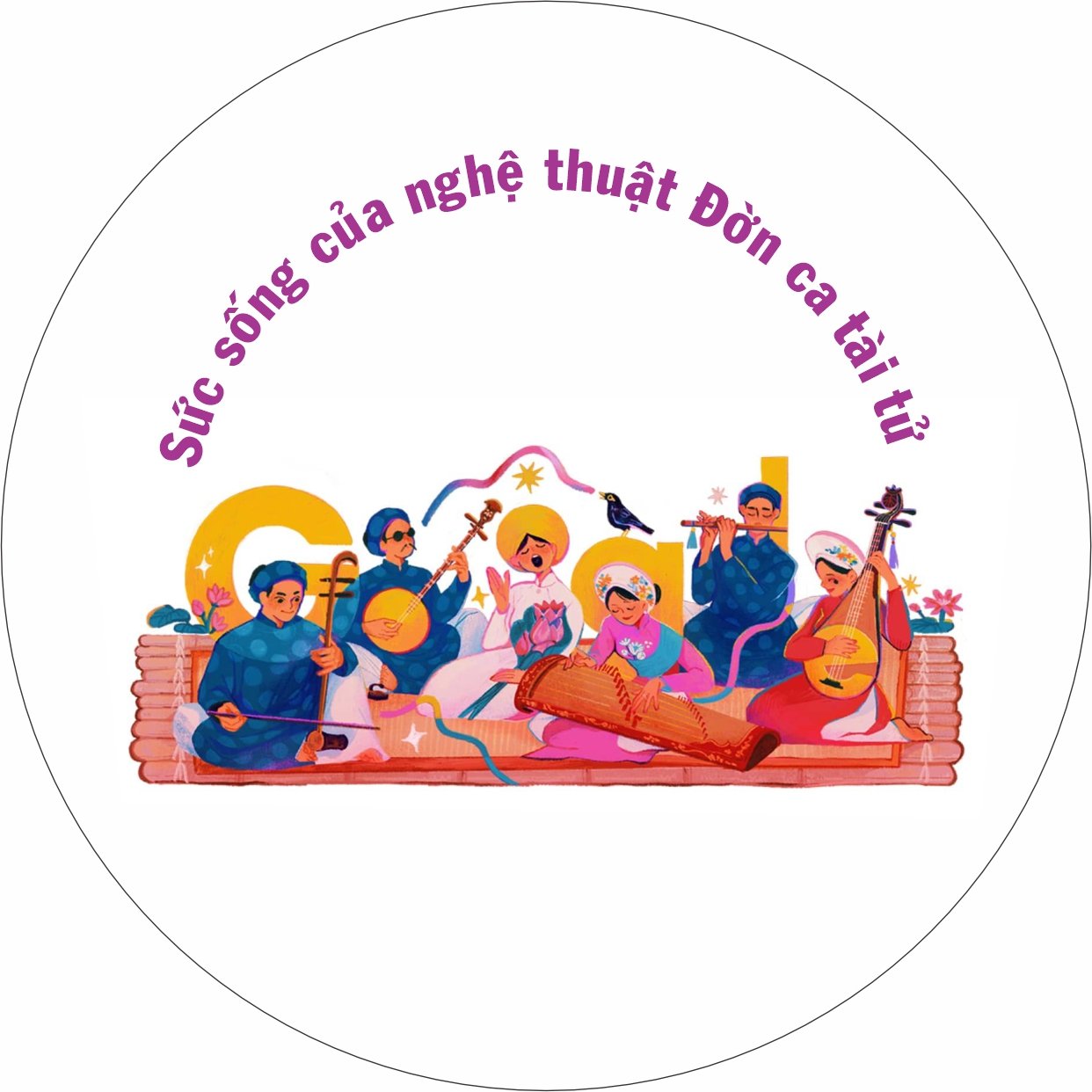






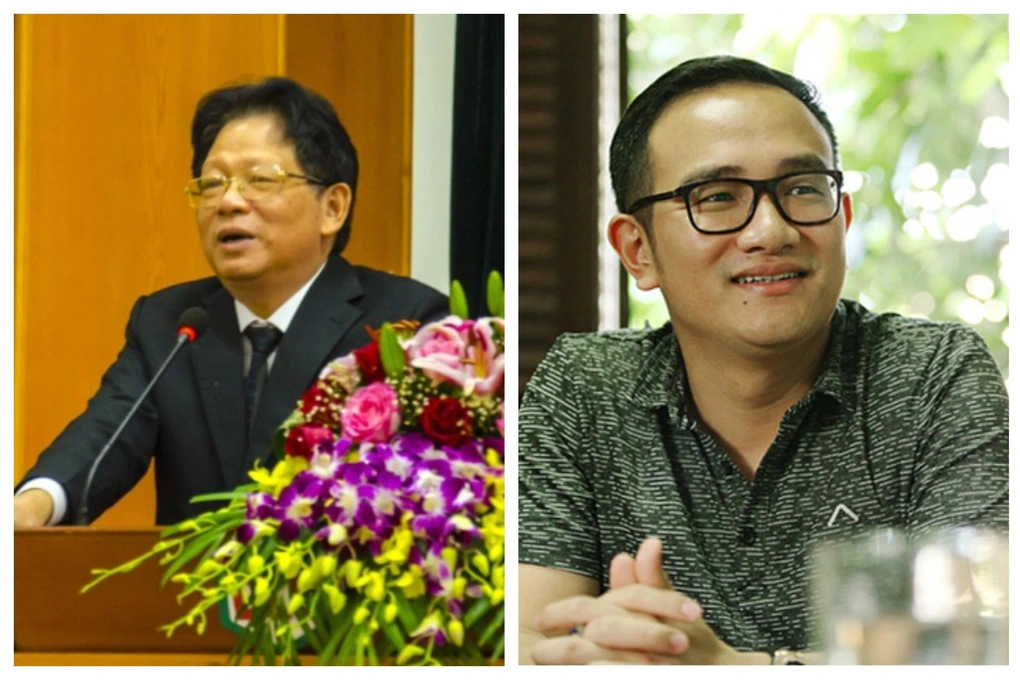











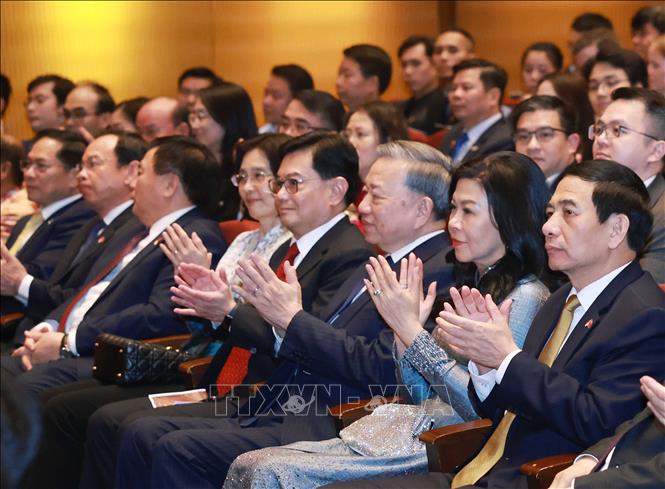

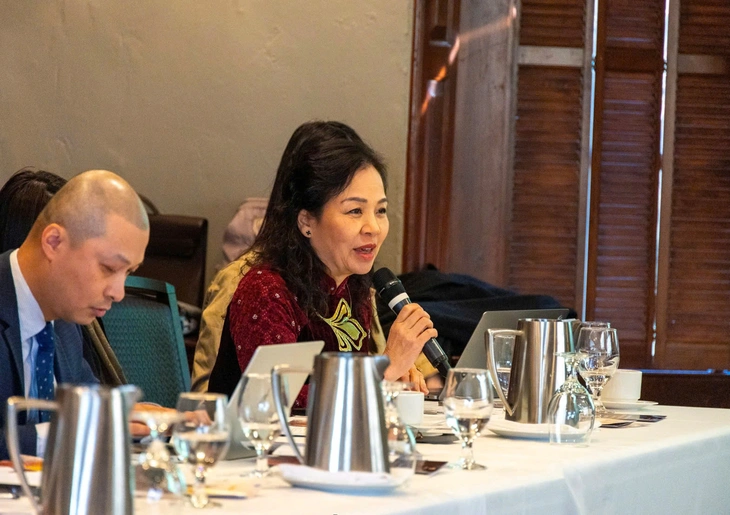

















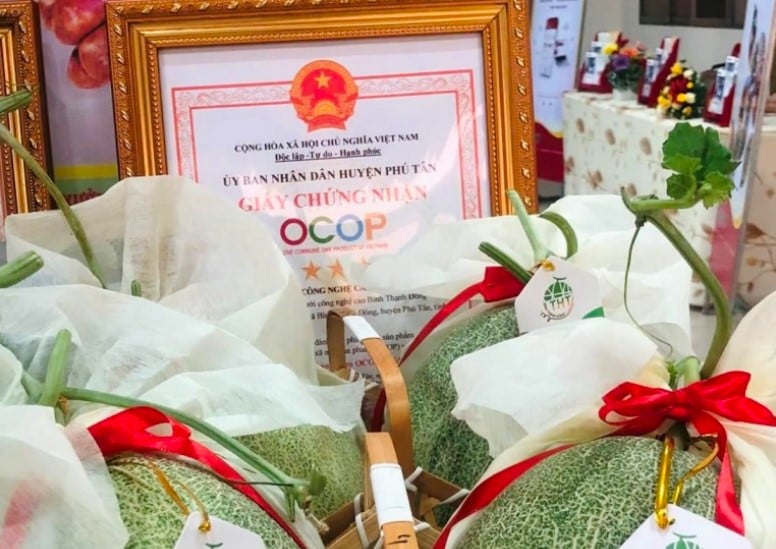





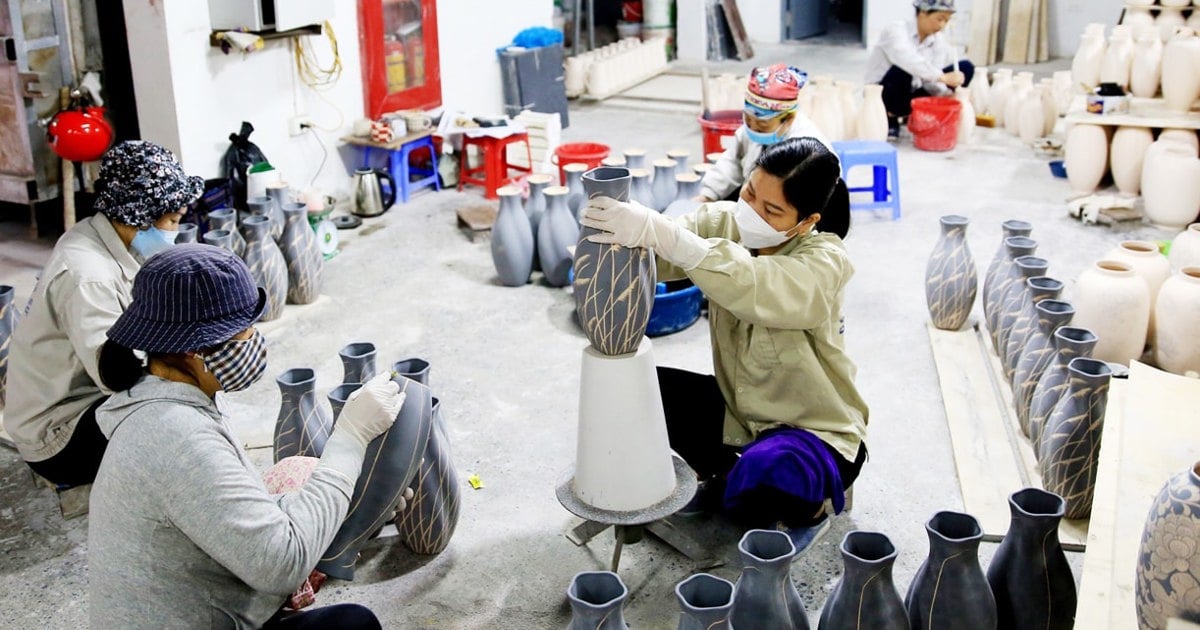


Comment (0)